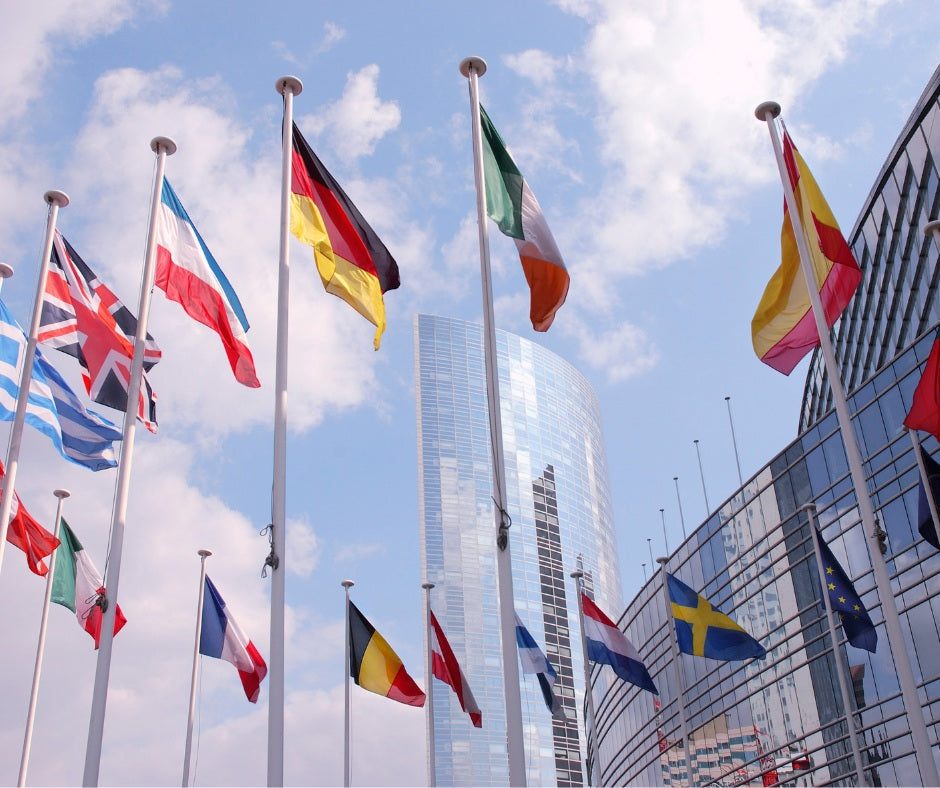
Kit 72h Europe: Why Every European Household Should Be Prepared
Share
In recent years, Europe has faced an alarming increase in extreme weather events, infrastructure disruptions, and geopolitical tensions. From power outages and floods to supply chain shocks and sudden evacuations, the first 72 hours of any crisis are often the most critical.
As a result, both EU institutions and several national governments now urge households to maintain basic emergency supplies at home. But not just any supplies—a well-thought-out 72-hour kit, tailored to the realities of life in Europe.
This is where the Kit 72h Europe comes in.
Why Europe Needs Its Own 72-Hour Survival Kit
Unlike general “survival kits” found online, a Europe-focused kit must account for specific regional factors:
- Interconnected risks: With shared energy grids and transportation systems, a disruption in one EU country can rapidly impact others.
- Climate variation: From freezing Nordic winters to Mediterranean heatwaves, a single kit must adapt to a range of conditions.
- Urbanization: The majority of Europeans live in cities—meaning dense populations, vertical living, and often limited storage space.
- Preparedness policies: Countries like Germany, Austria, and Portugal have officially published recommendations urging citizens to stock up for at least 72 hours.
What Should a European 72-Hour Kit Contain?
While each family has unique needs, a standard European 72-hour kit should always include:
- First aid supplies
- A reliable water filtration system
- Non-perishable, ready-to-eat food
- A multi-tool for basic repairs and emergencies
- Waterproof pouch for documents
- Emergency radio with crank or solar power
- Portable power bank
- Thermal blanket or survival cover
Directive72.eu has developed a ready-to-customize kit that meets these standards while remaining compact and easy to store.
A Prepared Europe Starts at Home
While the European Union works on improving infrastructure and civil protection at scale, it’s clear that household-level readiness plays a crucial role. When families are self-sufficient for the first 72 hours of a crisis, emergency services can focus on the most vulnerable cases.
Preparedness is not paranoia—it’s empowerment. And it starts with the right kit.
Designed according to EU recommendations. Free shipping across Europe.


